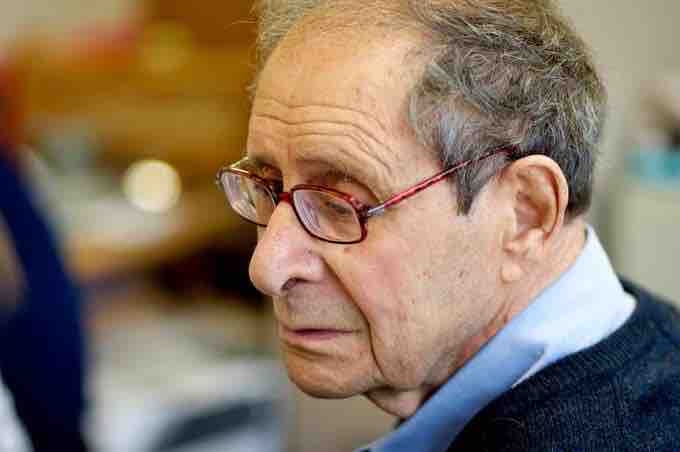Ethnomethodology is an ethnographic approach to sociological inquiry introduced by the American sociologist Harold Garfinkel. Ethnomethodology's goal is to document the methods and practices through which society's members make sense of their worlds.
Garfinkel coined the term "ethnomethodology" in 1954 while preparing a paper that included his early research on juries. He proposed that ethnomethodology might serve as an appropriate term for the study of, "a member's knowledge of his ordinary affairs, of his own organized enterprises, where that knowledge is treated by [researchers] as part of the same setting that makes it orderable. " For example, when investigating the conduct of jury members, an ethnomethodologist would seek to describe the commonsense methods through which members of a jury produce themselves in a jury room as jurors—establishing matters of fact, developing evidence chains, determining the reliability of witness testimony, establishing the hierarchy of speakers in the jury room, determining the guilt or innocence of defendants. These methods would serve to constitute the social order of being a juror in that specific social setting.
Some Leading Policies, Methods, and Definitions
- The fundamental assumption of ethnomethodological studies: Anne Rawls characterized this fundamental assumption, saying, "members of society must have some shared methods that they use to mutually construct the meaningful orderliness of social situations. "
- Ethnomethodological indifference: Ethnomethodology maintains a policy of deliberate agnosticism, or indifference, towards the dictates, prejudices, methods, and practices of sociological analysis. The policy of ethnomethodological agnosticism is specifically not to be conceived of as indifference to the problems of social order; ethnomethodological agnosticism refers to only seeing social concerns as society's members see them.
- First time through: "First time through" is the practice of attempting to describe any social activity, regardless of its routine or mundane appearance, as if it were happening for the very first time. This is in an effort to expose how the observer of an activity constitutes the activity for the purposes of formulating any particular description. The point of such an exercise is to underline the complexities of sociological analysis and description, particularly the indexical and reflexive properties of the actors' or observer's own descriptions of what is taking place in any given situation.
- Sacks' Gloss: Sacks' Gloss suggests that a researcher interested in questions pertaining to a specific social order should seek out the members that social order for answers. This is in opposition to the idea that such questions are best answered by a sociologist.
- Ethnomethodology's field of investigation: Ethnomethodology's topic of study is the social practices of real people in real settings and the methods by which these people produce and maintain a shared sense of social order.
Ethnomethodology and Traditional Sociology
Three core differences between traditional sociology and ethnomethodology are:
- While traditional sociology usually offers an analysis of society, taking the objective truth of the social order for granted, ethnomethodology is concerned with the procedures by which that social order is produced and shared.
- While traditional sociology usually provides descriptions of social settings, which compete with the actual descriptions offered by the individuals who are party to those settings, ethnomethodology seeks to describe the actual procedures that individuals use in their descriptions of those settings.
- Structural functionalist research programs methodically impose pre-existing analytical schemata on their fields of study. Symbolic interactionist programs assume the truthful basis of the symbols being interpreted by actors party to social scenes. In comparison, ethnomethodology specifically avoids employing these types of programmatic assumptions in its descriptions of social scenes.
In contrast to traditional sociological forms of inquiry, the ethnomethodological perspective does not make theoretical or methodological appeals to outside assumptions regarding the structure of an actor or actors' characterization of social reality. Ethnomethodology doesn't refer to the subjective states of an individual or groups of individuals. It refuses to attribute conceptual projections such as, "value states," "sentiments," or "goal orientations" to any actor or group of actors, and it does not posit a specific "normative order" as a transcendental feature of social scenes.
For the ethnomethodologist, the methodic realization of social scenes takes place within an actual setting under scrutiny. This realization is structured by the participants in a setting through reflexive accounting of that setting's features. The job of the ethnomethodologist is to describe the character of these activities—not to account for them in a way that exceeds the actual accounting practices of a participant in the setting.

Harold Garfinkel
Sociologist Harold Garfinkel was responsible for the development of ethnomethodology.